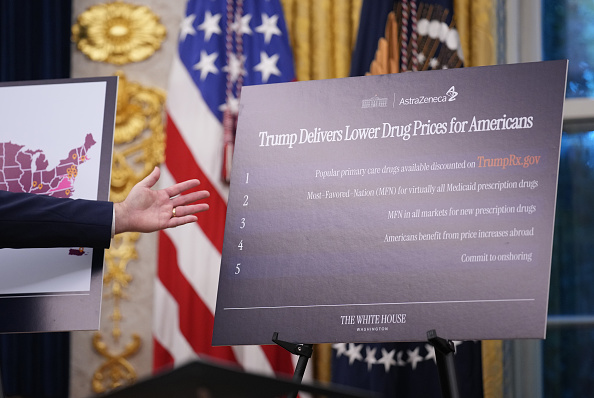ColoradoCare will run a deficit of $253 million in its first year and almost $8 billion in its 10th year if Colorado voters ratify a ballot proposal in November to establish the proposed statewide single-payer health care system, researchers at the Colorado Health Institute (CHI) have found.
The ballot measure, known as Amendment 69, would change the state constitution to establish state-sponsored health insurance for all Coloradans not insured by federal programs. The state would raise taxes in an attempt to cover Coloradans who currently have insurance, in addition to the 6.7 percent of Coloradans who are uninsured.
“[T]he revenues designated for ColoradoCare to pay for the new universal coverage wouldn’t be able to keep up with increasing health care costs, resulting in red ink each year of its first decade,” reads the August report, titled “ColoradoCare: An Independent Analysis—Finances.”
ColoradoCare would face a “limited set of options to cover the deficits,” such as by reducing health care benefits, cutting payments to providers, or raising taxes, the report states.
Under Colorado’s Taxpayer’s Bill of Rights, raising taxes in excess of population growth and inflation would require approval by ballot measure in a statewide election.
‘Overstress the System’
Dr. Mark Tomasulo, president and chief medical officer of PeakMed West, a direct primary care clinic operator based in Colorado Springs, says making ColoradoCare solvent would require penalizing patients, taxpayers, or providers.
“What do you do when the budget falls short?” Tomasulo said. “The only way you can fix that deficit is one of three ways: One is to decrease the benefits to everybody in the system. The second one is to increase taxes to cover the gap. The third way is to decrease physician compensation.”
Instead of increasing patients’ access to health care providers, ColoradoCare would reduce access, Tomasulo says.
“When we are talking about taking a large population into a system that’s currently overstressed and no one is doing anything to solve the problem of access for your doctors because there is not enough of them to care for them, adding a new population to the mix is only going to overstress the system even more,” Tomasulo said.
Unfavorable Center-Left Analysis
Linda Gorman, director of the Health Care Policy Center at the Independence Institute, says CHI’s findings should alert liberal voters to ColoradoCare’s problems.
“The CHI is one of the health data institutes that the Left has funded in a variety of states,” Gorman said. “My point is even with the generous pro-ColoradoCare assumptions built into the CHI report, ColoradoCare runs a deficit.”
CHI’s analysis would have forecast an even larger deficit had the group not severely underestimated how much ColoradoCare would increase the use of health care services in the state, Gorman says.
“They asserted that ‘studies show’ that moving from a high-deductible plan to a no-deductible plan leads to a 12.8 percent increase in the use of health care services and didn’t provide a reference,” Gorman said. “The RAND Health Insurance Experiment shows a 30-plus percent increase. The Oregon Medicaid experiment shows a roughly 35 percent increase.”
Michael McGrady ([email protected]) writes from Colorado Springs, Colorado.
Image via Thinkstock



